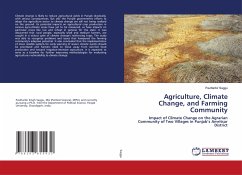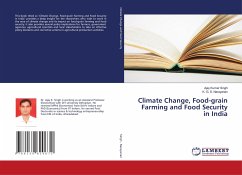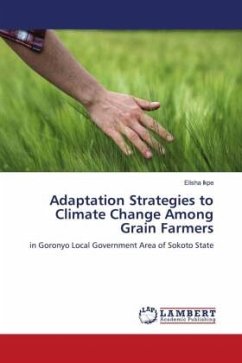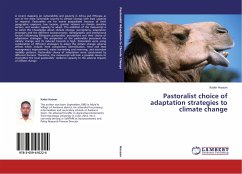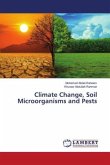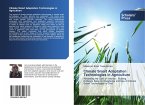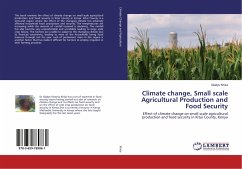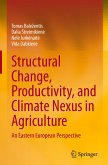Climate change is likely to reduce agricultural yields in Punjab drastically, with serious consequences. But still, the Punjab government's efforts to adapt the agriculture sector to climate change are still not being realized on the ground. Its potential impacts on agricultural crop production in various agro-climate areas have yet to be measured, as have impacts on particular crops like rice and wheat in general for the state. It was discovered that rural people, especially small and medium farmers, are caught in a vicious cycle of climate change's reinforcing traps. The study was able to recognize problems and issues that hampered the farming community's adaptive potential. It also concluded that the implementation of more reliable systems for early warning of severe climatic events should be prioritized and Farmers need to move away from rain-fed food production and toward irrigation-intensive agriculture. It is expected to serve as a baseline for further improving methodologies for evaluating agriculture's vulnerability to climate change.

